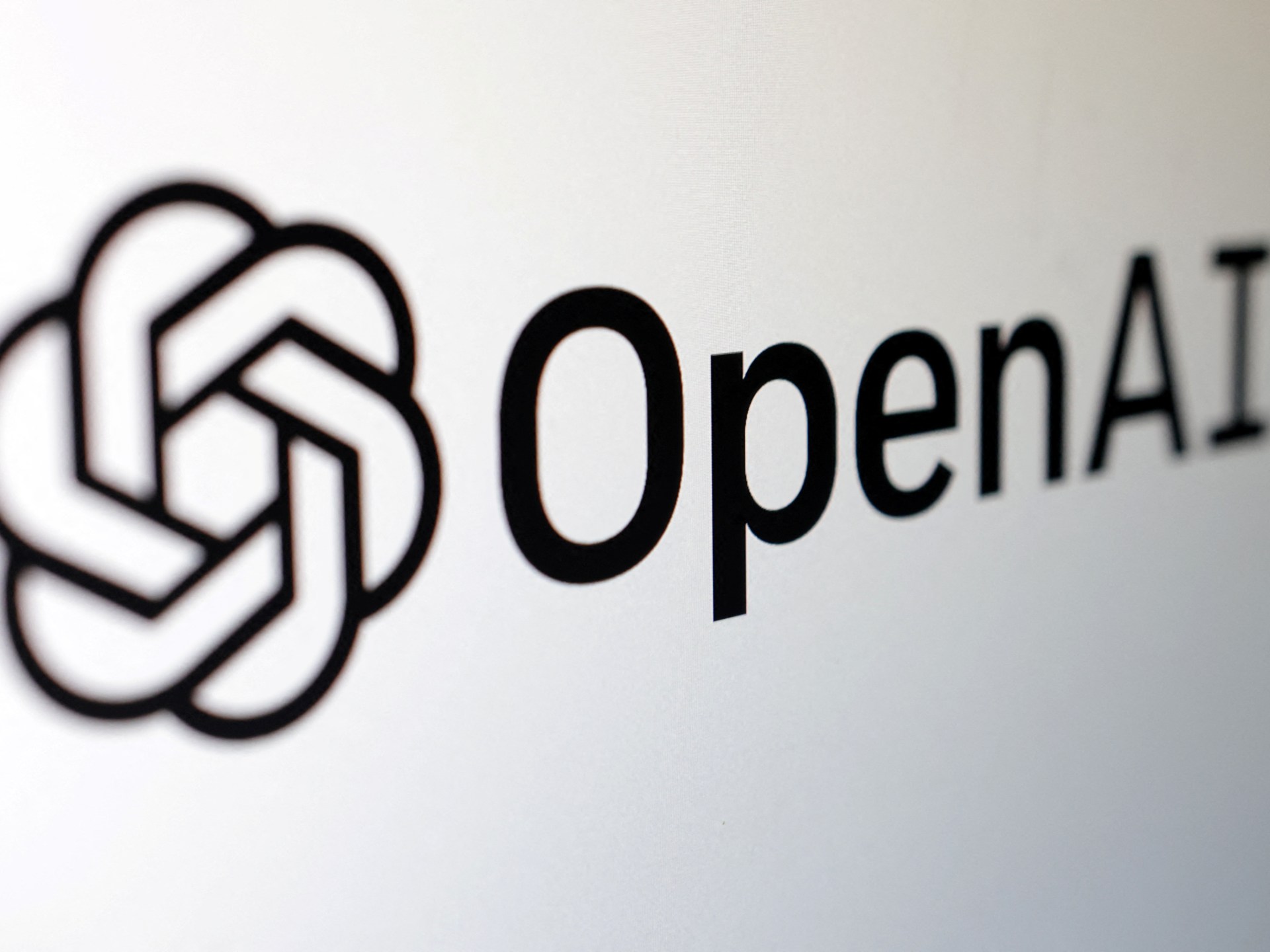OpenAI and other defendants have said their use of training data scraped from the internet qualifies as fair use under US copyright law.
John Grisham, Jodi Picoult and Game of Thrones novelist George R R Martin are among 17 authors who have sued OpenAI, the latest in a wave of legal action by writers concerned that artificial intelligence programs are using their copyrighted works without permission.
The proposed class-action lawsuit filed late on Tuesday by the Authors Guild joins several others from writers, source code owners and visual artists against generative AI providers. In addition to Microsoft-backed OpenAI, similar lawsuits are pending against Meta Platforms and Stability AI over the data used to train their AI systems.
Other authors involved in the latest lawsuit include The Lincoln Lawyer writer Michael Connelly and lawyer-novelists David Baldacci and Scott Turow.
OpenAI and other AI defendants have said their use of training data scraped from the internet qualifies as fair use under US copyright law.
An OpenAI spokesperson said on Wednesday that the company respects authors’ rights and is “having productive conversations with many creators around the world, including the Authors Guild”.
In papers filed in federal court in New York, the authors alleged “flagrant and harmful infringements of plaintiffs’ registered copyrights” and called the ChatGPT program a “massive commercial enterprise” that is reliant upon “systematic theft on a mass scale”.
The suit was organised by the Authors Guild and also includes David Baldacci, Sylvia Day, Jonathan Franzen and Elin Hilderbrand, among others.
“It is imperative that we stop this theft in its tracks or we will destroy our incredible literary culture, which feeds many other creative industries in the US,” Authors Guild CEO Mary Rasenberger said in a statement.
“Great books are generally written by those who spend their careers and, indeed, their lives, learning and perfecting their crafts. To preserve our literature, authors must have the ability to control if and how their works are used by generative AI.”
The lawsuit cites specific ChatGPT searches for each author, such as one for Martin that alleges the program generated “an infringing, unauthorised, and detailed outline for a prequel” to Game of Thrones that was titled A Dawn of Direwolves and used “the same characters from Martin’s existing books in the series A Song of Ice and Fire.”
An OpenAI spokesperson said in the statement that the company respects “the rights of writers and authors and believes they should benefit from AI technology”.
“We’re optimistic we will continue to find mutually beneficial ways to work together to help people utilise new technology in a rich content ecosystem,” the statement reads.
‘Fair use’
Earlier this month, a handful of authors including Michael Chabon and David Henry Hwang sued OpenAI in San Francisco for “clear infringement of intellectual property”.
In August, OpenAI asked a federal judge in California to dismiss two similar lawsuits, one involving comedian Sarah Silverman and another from author Paul Tremblay. In a court filing, OpenAI said the claims “misconceive the scope of copyright, failing to take into account the limitations and exceptions (including fair use) that properly leave room for innovations like the large language models now at the forefront of artificial intelligence”.
Author objections to AI have helped lead Amazon.com, the country’s largest book retailer, to change its policies on e-books. The online giant is now asking writers who want to publish through its Kindle Direct Program to notify Amazon in advance that they are including AI-generated material.
Amazon is also limiting authors to three new self-published books on Kindle Direct per day, in an effort to restrict the proliferation of AI texts.
